Why doesn't the powder foam in the washing machine?
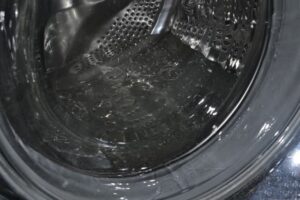 Some housewives are faced with a strange phenomenon - the powder does not foam in the washing machine. Sometimes the pattern is unclear: some formulations produce a lot of foam, while others are almost invisible in the water. As a result, it seems that too few granules are poured in, and the clothes are poorly washed. The “foamy” issue is not so simple - sometimes the absence of foam indicates low quality powder or insufficient quantity. In order not to make a mistake, let’s consider all the “soapy” nuances in more detail.
Some housewives are faced with a strange phenomenon - the powder does not foam in the washing machine. Sometimes the pattern is unclear: some formulations produce a lot of foam, while others are almost invisible in the water. As a result, it seems that too few granules are poured in, and the clothes are poorly washed. The “foamy” issue is not so simple - sometimes the absence of foam indicates low quality powder or insufficient quantity. In order not to make a mistake, let’s consider all the “soapy” nuances in more detail.
Why is there no foam?
Everyone is accustomed to the fact that when washing by hand, powders produce a lot of foam, which makes cleaning easier. However, such compounds cannot be used in a machine - excessive foaming is detrimental to the machine. There are many reasons: soap will come out of the drum onto the body and floor, and things won’t have time to rinse. Therefore, special concentrates with defoamers are produced for washing equipment.
Surfactants, or surfactants for short, are responsible for foaming, as well as for removing dirt. The more of these components in the detergent, the better the water foams and the faster stains are removed. There is only one “but” - soap solutions contain various electrolytes, which increases the electrical conductivity of the liquid to critical values. If there is too much foam in the drum, it will creep out and get on the dashboard or other elements of the system. As a result, a short circuit will occur - the equipment will break down irreparably.
Powders for automatic washing machines must contain special defoamers.
It is impossible to refuse surfactants, since otherwise the dirt will not be washed off.Chemists have found an alternative: adding defoamers to powders - substances that destroy foam. Thus, the product remains cleaning and does not threaten the equipment with a short circuit.
It cannot be argued that low foaming indicates high quality powder. Some unscrupulous manufacturers resort to deception: they do not add defoamers, but reduce the concentration of surfactants. Such compositions do not foam, but also do not wash. If there is no foam from the powder, then it is better to check the quality of the concentrate experimentally:
- wash by hand, assessing the effectiveness of the composition and the speed of stain removal;
- dissolve the concentrate in water;
- watch how the product is washed out of the tray.
Determining the quality of a powder by the amount of foam is irrational. It contains other components that also affect stain removal. The maximum effectiveness of the concentrate composition can only be assessed in the laboratory through numerous studies. You definitely can’t add only highly foaming products to the tray.
Why is regular washing machine powder dangerous?
Some housewives quickly look at the composition of the powder and make the wrong conclusion: the products for manual and automatic washing are absolutely or relatively identical. As a result, there is a call not to overpay for special concentrates, but to put cheap working products into the tray. Misconception often results in equipment failure.
Yes, the composition of the powder for manual and automatic washing is indeed similar - chemists use the same substances. But there is a difference, only professionals “see” it. Thus, due to the correct dosage and additional additives, machine concentrates produce less foam, take longer to dissolve, rinse better and do not harm equipment.
Ordinary powder is dangerous for the machine - it lacks some important components. Due to the unfinished composition, such products foam strongly, dissolve quickly, and increase scale and sedimentation of soap deposits. Let's look at what exactly is missing and what is superfluous.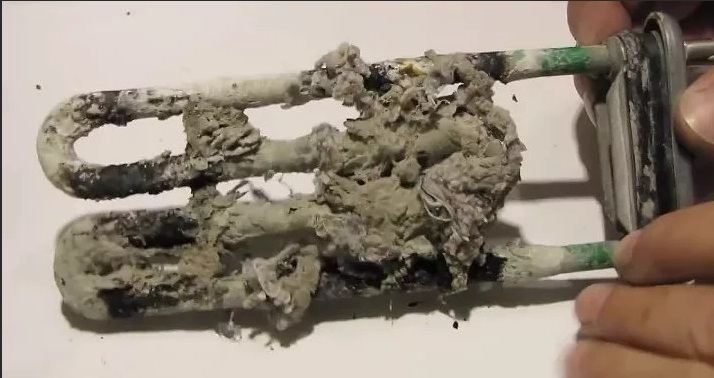
- Foam. Powders for automatic machines must be supplemented with defoamers for the reasons described above. When washing by hand, on the contrary, a lot of foam is required, so the composition contains components that increase foam formation.
- Availability of softeners. Tap water is characterized by increased hardness due to the presence of salts, calcium and magnesium in it. Such impurities are detrimental to equipment: scale covers the internal parts of the machine, in particular the heating element. The latter, due to a layer of lime deposits, begins to work worse, consume more energy, or even break down. Therefore, powders for washing machines are often supplemented with softening components.
Washing powders for automatic washing machines are often supplemented with softeners and components that prevent plaque and dirt from settling.
- Soap deposits. Hand washing products often contain care products, oils and fats - this helps protect the skin of the hands from harmful surfactants. This composition is destructive for a washing machine: these components settle on the pipes and components, accelerating the settling of dirt and plaque. As a result, the drainage system of the machine suffers greatly, until the drainage is completely clogged.
- Dissolution rate. Regular concentrate dissolves quickly in water, which is important for manual cleaning. In a washing machine, a high reaction speed is not needed - the product will not have time to remove dirt from the fibers, but will be washed down the drain. The powder will be wasted, and the clothes will remain dirty.
- Plaque settlement. Expensive washing powders for automatic machines have a composition that has been improved for the technology. We are talking about adding substances that prevent soap, plaque and dirt from settling on the drum, pipes and heating element. At high temperatures, they “work” against lime deposits and grease, protecting heating elements and hoses from blockages. Conventional concentrates, on the contrary, provoke contamination of the washing machine.
If there is no foam from the powder, then do not panic - the compositions for the machine should not foam much. The main thing is that the concentrate removes stains, dissolves without residue and is from a trusted manufacturer. Then the likelihood of “fake” will be minimal.
Interesting:
Reader comments
- Share your opinion - leave a comment
Categories
Washing machine repair
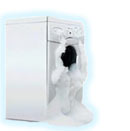
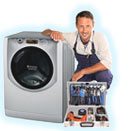
For buyers
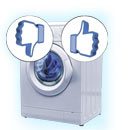
For users

Dishwasher

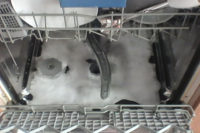
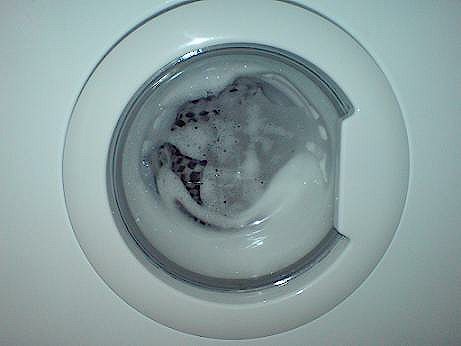
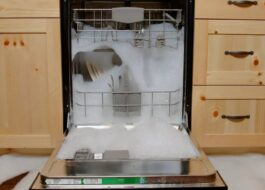
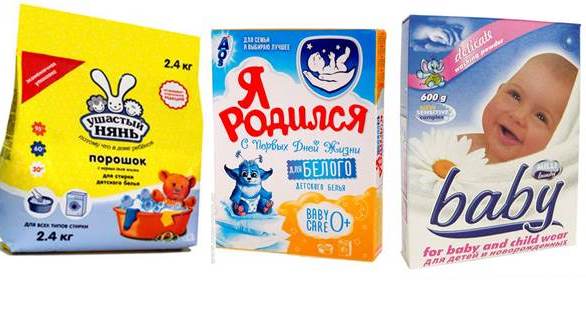
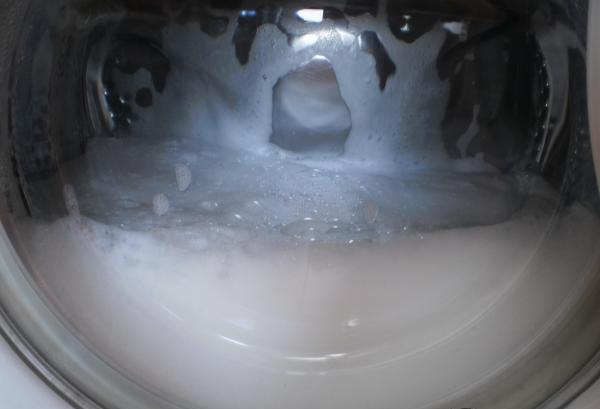
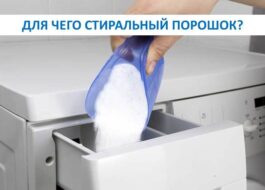
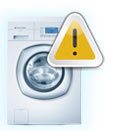
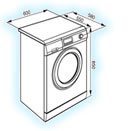
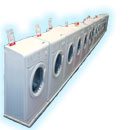
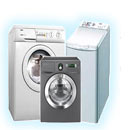
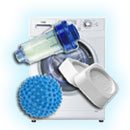

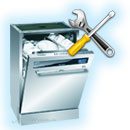
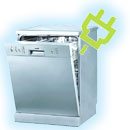

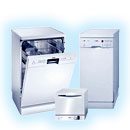
Add a comment